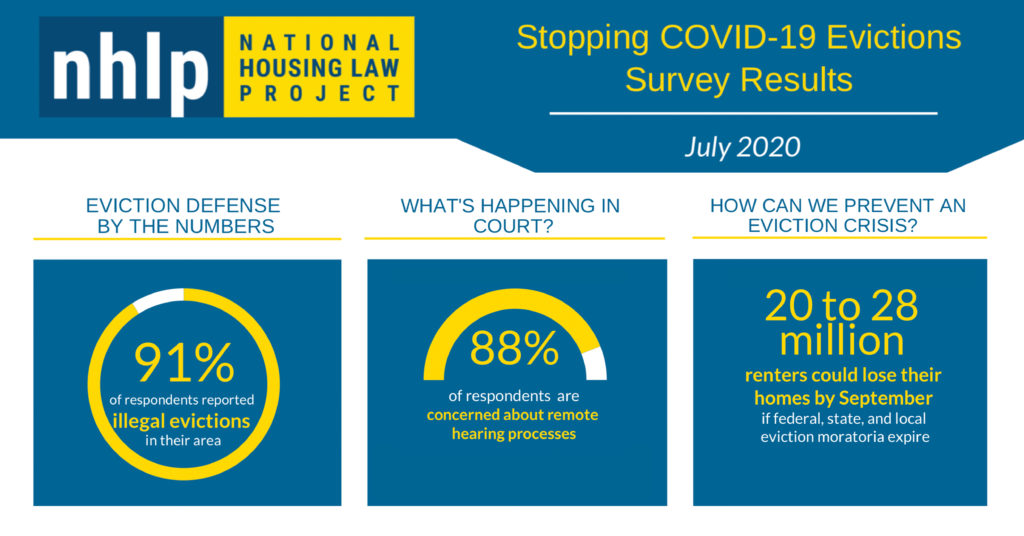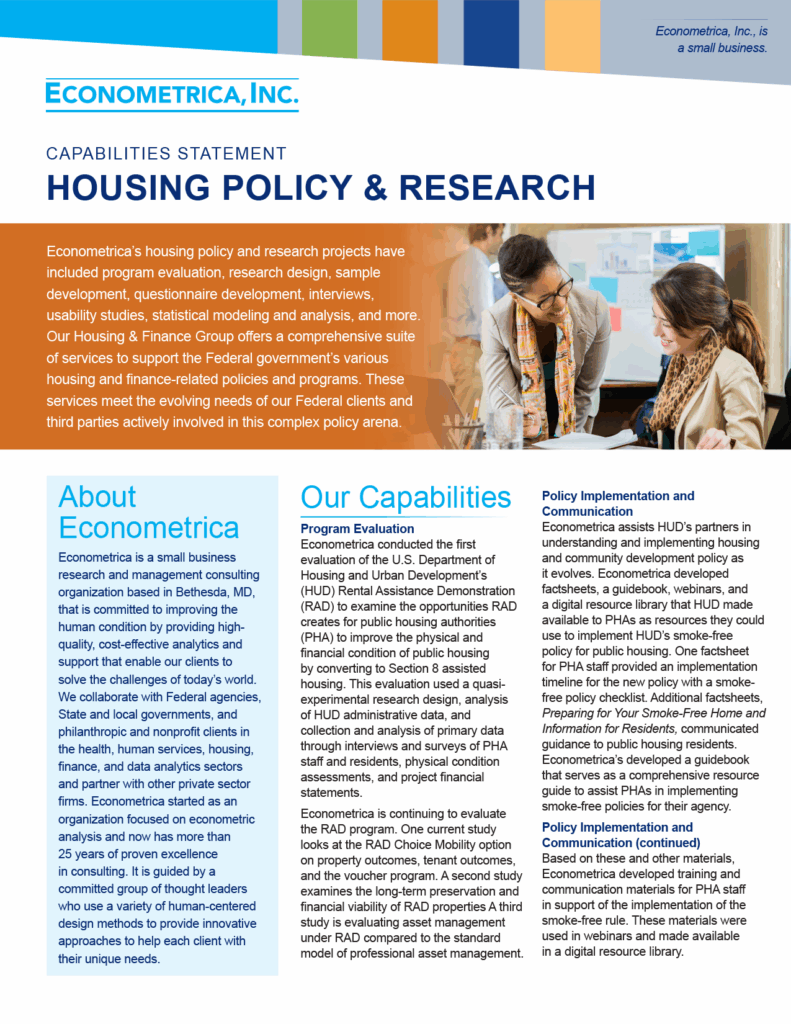Report Calls for National Eviction Database to Better Track Trends
 Policymakers need reliable data to develop tools and strategies to effectively combat the nation’s eviction epidemic, according to a report exploring the prevalence and impact of evictions.
Policymakers need reliable data to develop tools and strategies to effectively combat the nation’s eviction epidemic, according to a report exploring the prevalence and impact of evictions.
The report, which appeared in Evidence Matters in summer 2021, found that current eviction data are often incomplete, incorrect, or difficult to compare across geographic areas. Thus, the authors call for the development of a national eviction database.
“Building a national eviction database that aggregates standardized and reliable local data will significantly improve researchers’ ability to understand trends in eviction rates across time and space,” wrote Dana Goplerud and Craig Pollack, both of Johns Hopkins University.
The aim of the database would be to improve the ability to track and understand eviction trends, allowing policymakers to design more effective policies and tools to prevent eviction.
The authors recognize that many evictions happen outside of the court system; thus, they also explain how surveys at the national and local levels would capture information from renters about their experiences.
Work With Us, Work for Us
Econometrica, Inc., is a small business research and management consulting organization based in the greater Washington, DC, metropolitan area. We are committed to improving the human condition by providing high-quality, cost-effective analytics and support that enable our clients to solve the challenges of today’s world. We collaborate with Federal agencies, State and local governments, philanthropic and nonprofit clients, and private-sector partners in the public health, healthcare, data analytics, housing, and finance sectors.
To work with us on your next project, visit us online or email us at Info@EconometricaInc.com. To explore the benefits of working for us, visit our careers page. Follow us on LinkedIn, X, Facebook, and Instagram.

 Rising eviction cases, more illegal evictions and lockouts, and judges ignoring or inconsistently applying federal and state law are some of the problems a new survey identifies since the end of the federal eviction moratorium.
Rising eviction cases, more illegal evictions and lockouts, and judges ignoring or inconsistently applying federal and state law are some of the problems a new survey identifies since the end of the federal eviction moratorium.






